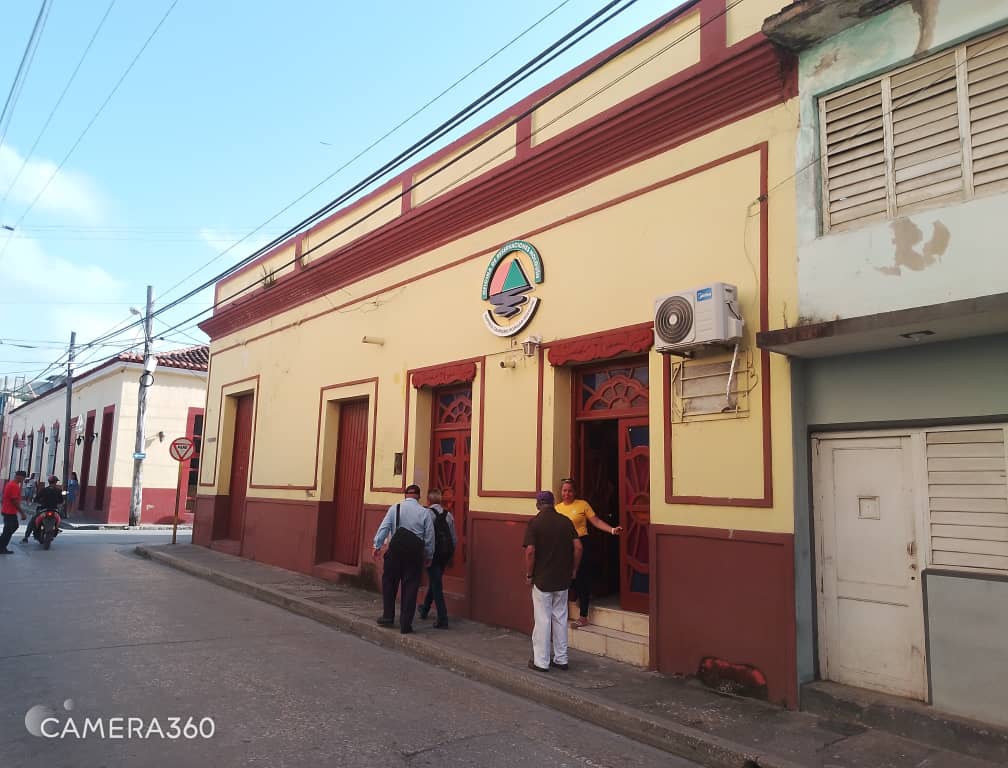
HAVANA TIMES – I was conducting a survey for the Cuban Observatory of Human Rights in the municipality of Freyre, Holguín. That’s where I took a bus and found myself at a place that seemed like a “camping” facility (a little like a hostel) one I hadn’t known of before. It is located in front of Blanca Beach. I joined a group that was entering the establishment. The loud reggaeton music playing, with its aggressive and sexist lyrics, made it difficult to understand how to discourage its consumption in public places, especially where children are present.
On the left side, there’s a small bar, on the right, the pool, further along, the restaurant, and a little further, the basic lodging. We were in a hall with tables and chairs and a space where I assume people could dance. On one occasion, I was told that the government had these establishments built for Cubans, so they wouldn’t disturb the beaches of hotels exclusive to international tourism. Our presence there was completely forbidden about twenty years ago. I’m not sure about this claim, but when you think about how the Cuban government operates, it gives you something to ponder.

The host welcomed the group and apologized for any inconvenience caused by power outages. They knew the service was expensive for those three days of fun in that place, but it wasn’t in their hands to fix it. So, they asked for understanding. After the talk about some of the establishment’s rules, like being careful with children in the pool, the group dispersed to find their resting place.
I approached the waitress and expressed my desire to have lunch, even though I wasn’t exactly one of t


